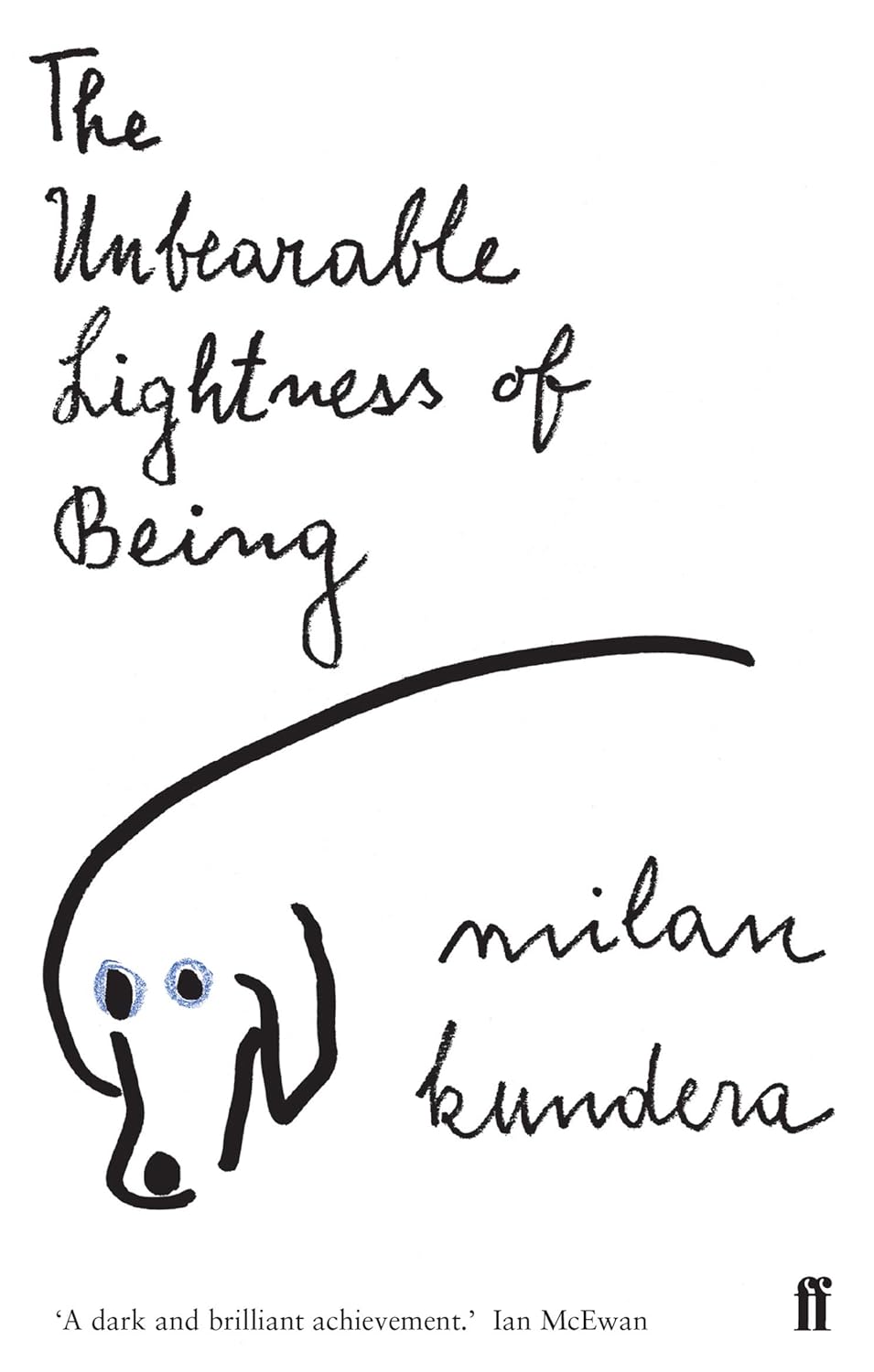Description
“The Unbearable Lightness of Being” is a novel written by Milan Kundera, first published in 1984. It is considered one of Kundera’s most famous works and falls within the genre of philosophical fiction.
Set against the backdrop of Prague Spring in Czechoslovakia in 1968, the novel explores the lives of several characters as they navigate love, relationships, politics, and the human condition.
The story follows Tomas, a surgeon, and his wife Tereza, as well as their interconnected relationships with Sabina, an artist, and Franz, an academic. The characters grapple with themes of freedom, responsibility, fidelity, and the meaning of life as they confront the challenges and contradictions of living in a society marked by political upheaval and personal turmoil.
The title, “The Unbearable Lightness of Being,” reflects one of the central philosophical ideas explored in the novel: the concept of eternal return, or the idea that life is fleeting and without inherent meaning. Kundera contrasts this with the idea of heaviness, or the burden of responsibility and the consequences of one’s actions.
Overall, “The Unbearable Lightness of Being” is praised for its rich philosophical insights, lyrical prose, and complex characters. It offers readers a thought-provoking exploration of love, loss, and the human experience in the face of uncertainty and change.













Reviews
There are no reviews yet.